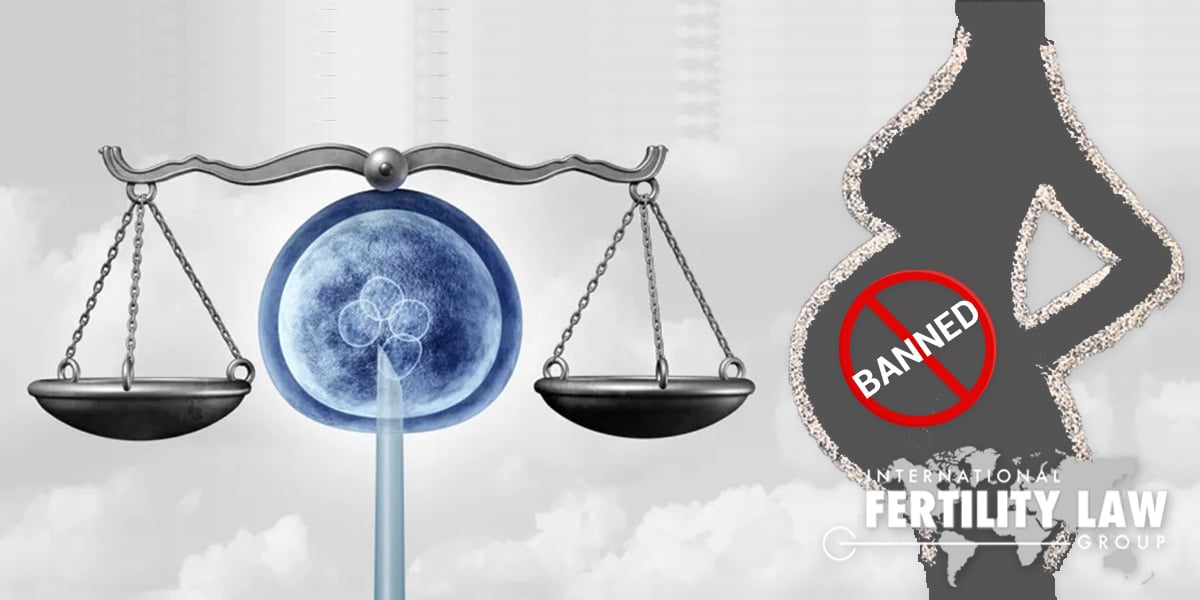[vc_row css_animation=”” row_type=”row” use_row_as_full_screen_section=”no” type=”full_width” angled_section=”no” text_align=”left” background_image_as_pattern=”without_pattern” css=”.vc_custom_1723590536607{margin-bottom: 150px !important;}” z_index=””][vc_column][vc_column_text css=”” el_class=”britmedjournal”]
Rich Vaughn – IFLG
I’m very proud to have been a part of this hard-working team of brilliant co-authors in publishing a very important thought leading and thought provoking article in the British Medical Journal.
See the full article HERE
Natalie Gamble – NGA Law (UK)
I am beyond excited to share that an article I’ve helped write has been published in the British Medical Journal. Together with my wonderful co authors Richard Vaughn, Kirsty Horsey, Denise Seidelman, Lavanya Regunathan and Professor Emily Jackson, we write that the evidence shows that surrogacy is not inherently harmful and can – and usually does- produce good outcomes for all involved. In seeking to address concerns about the potential for unethical or exploitative surrogacy arrangements, it is a mistake to think that the line between ‘good’ and ‘bad’ surrogacy can be expressed as the difference between altruistic vs commercial, or domestic vs international. The way to address potential concerns about surrogacy is not – as some say – prohibition or restriction, but in fact acceptance and robust regulation.
[/vc_column_text][/vc_column][/vc_row]




